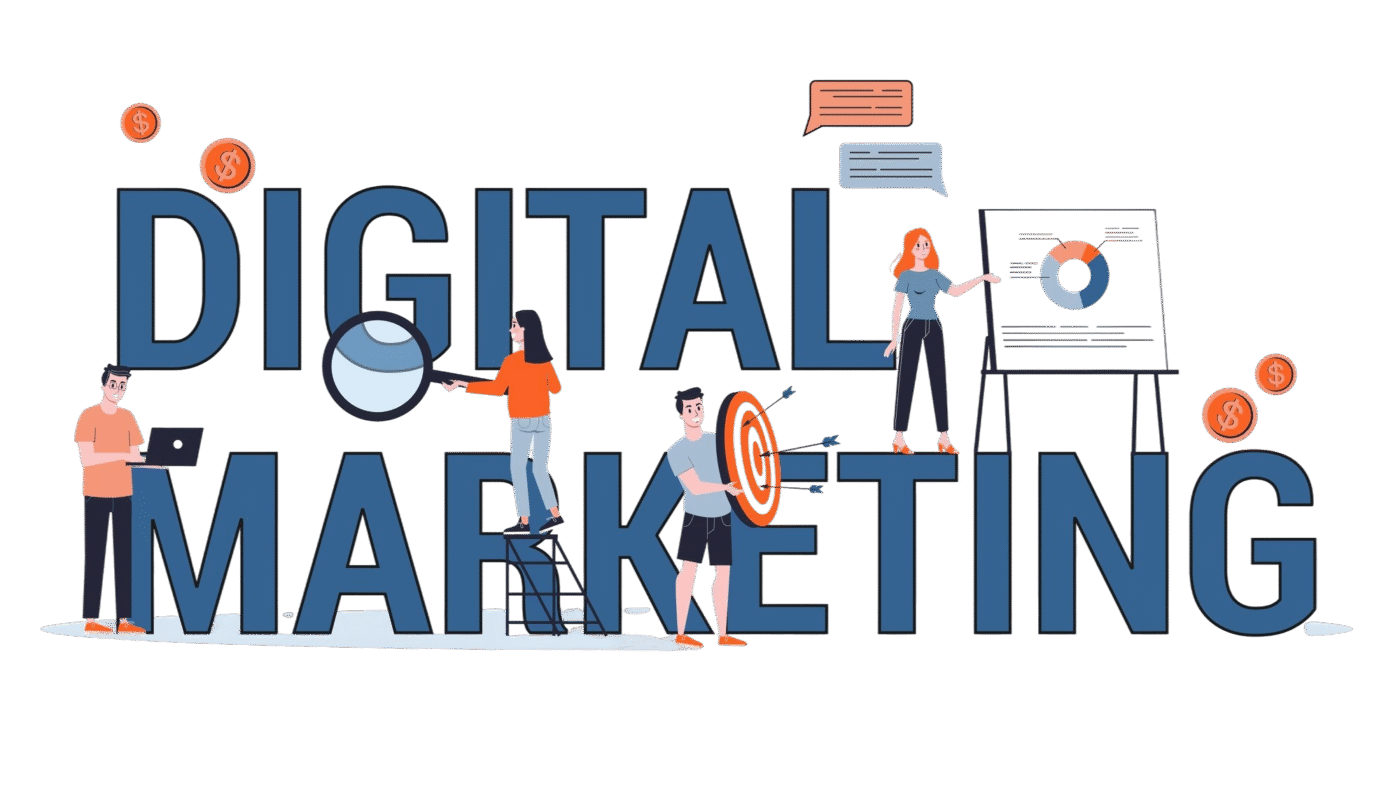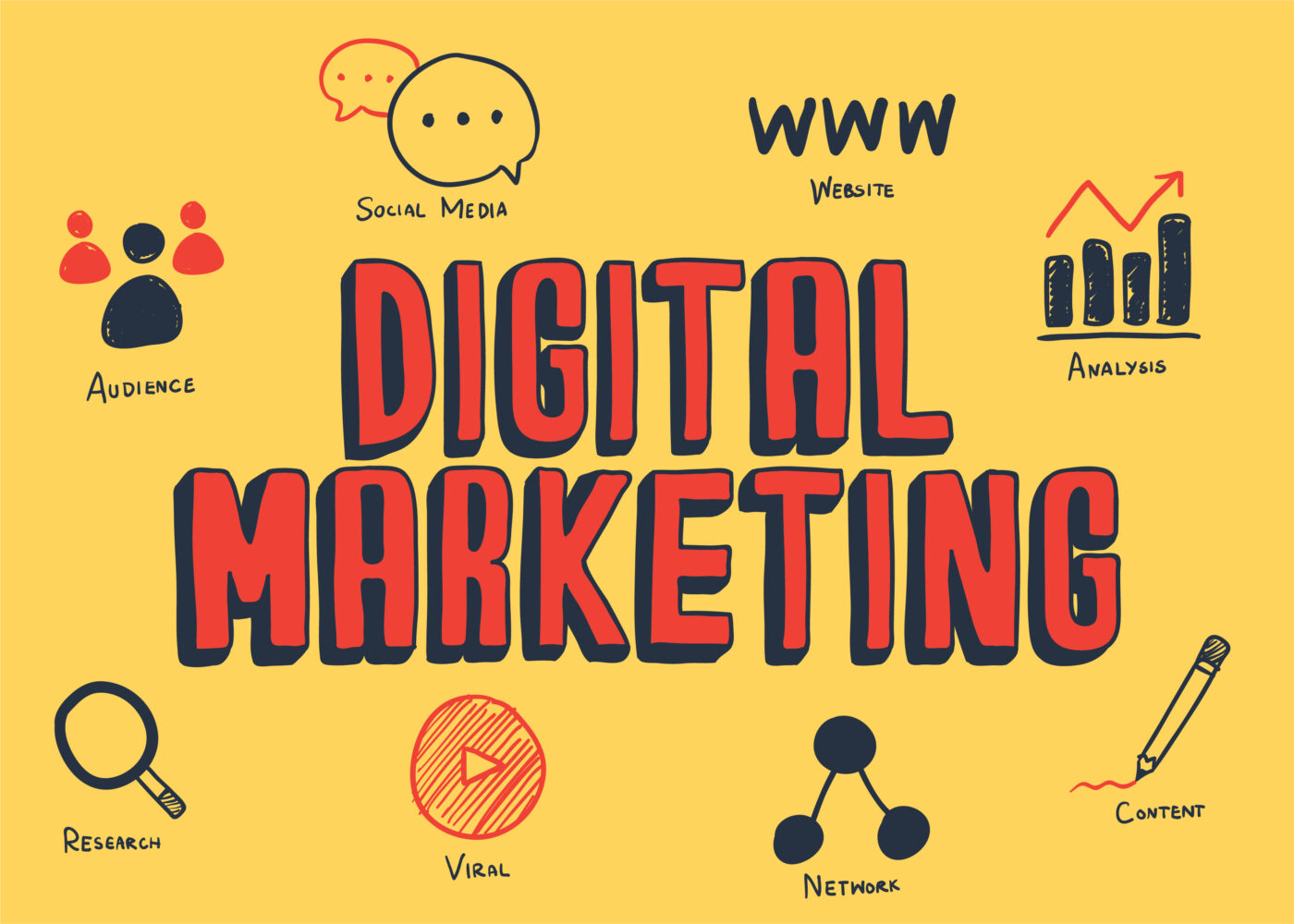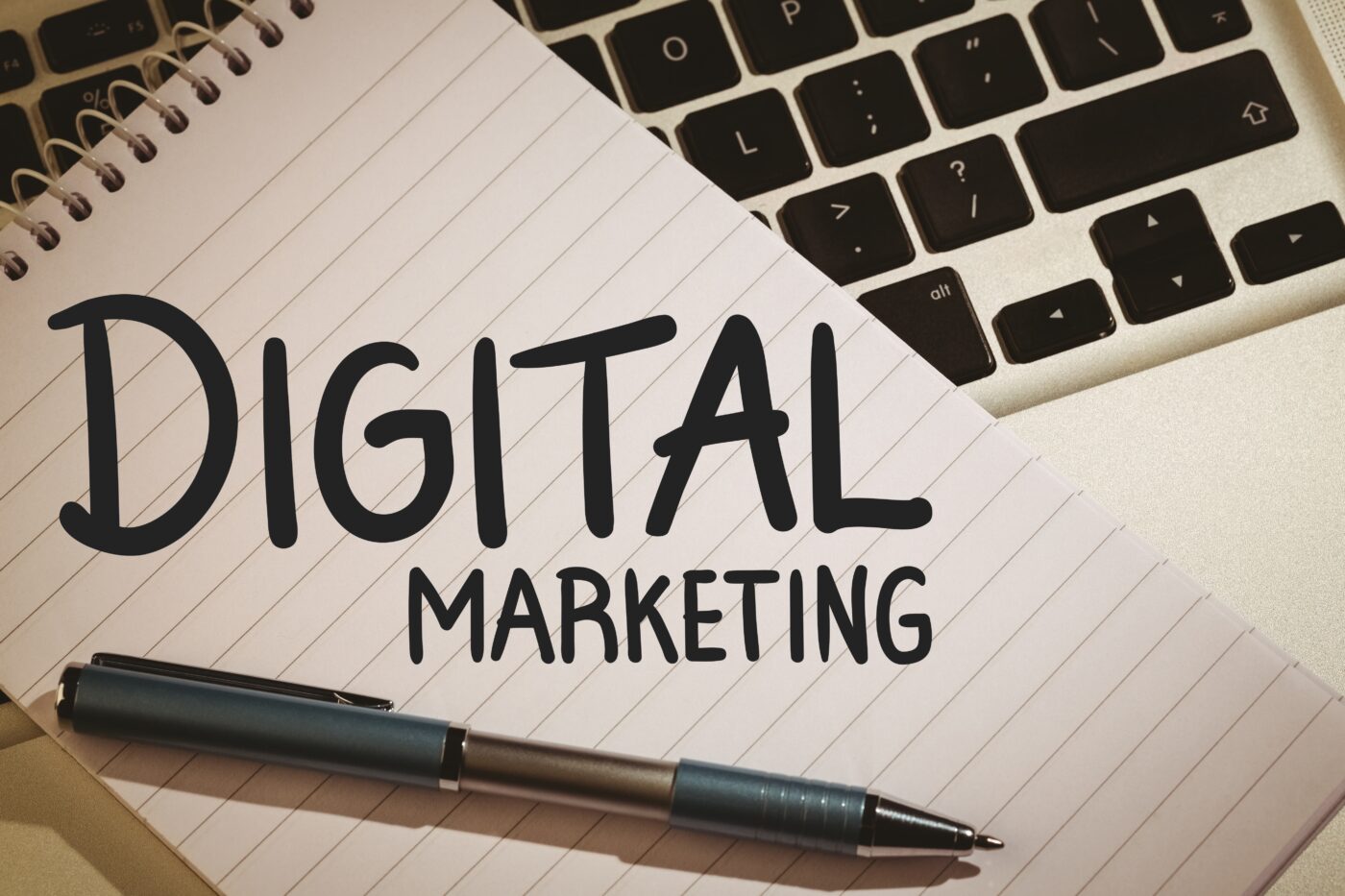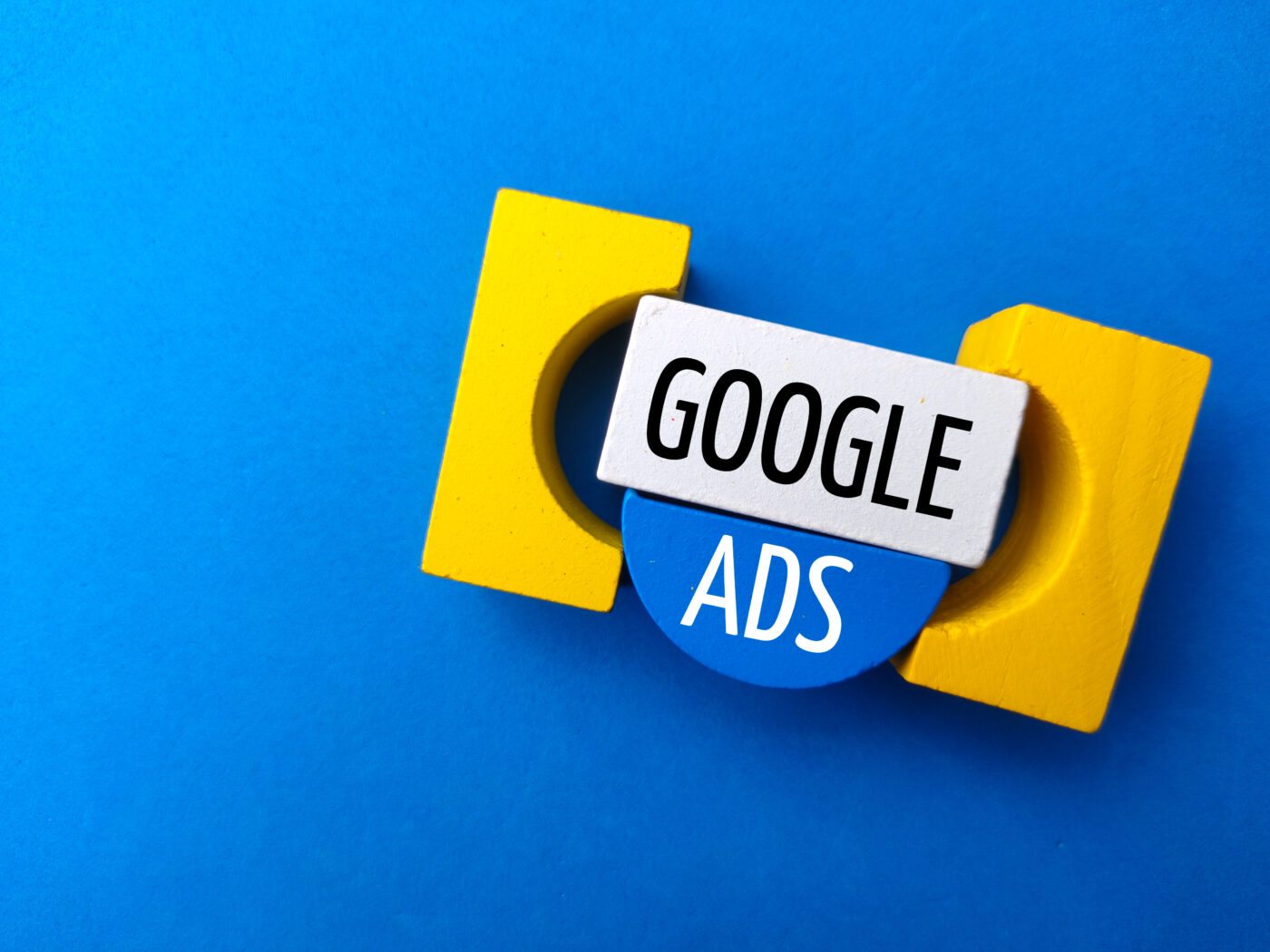Performance Marketing a practical, India-focused guide. You’ll learn the fundamentals (offers, tracking, GA4), channel-by-channel tactics (Google & Meta), bidding strategies, creative testing, compliance, and a 30-day launch plan—sprinkled with India-specific insights like UPI-first checkout and ASCI rules.
- What is performance marketing (in simple words)?
- Why performance marketing matters in India in 2025
- Step 1: Nail the offer & landing page
- Step 2: Set up tracking the right way (GA4 + UTMs)
- Step 3: Choose the channel & campaign type
- Step 4: Smart bidding basics (what to pick & when)
- Step 5: Creative that converts (India edition)
- Step 6: Testing, attribution & reporting
- Step 7: Compliance & ad safety in India
- Your 30-day launch plan
- Wrap-up
What is performance marketing (in simple words)?
Performance marketing is paid growth with clear goals and measurable outcomes—you spend ₹X to get Y actions (leads, purchases, app installs). We set a target metric (CPA or ROAS), run experiments on channels like Google and Meta, and scale what works. Think of it like cricket practice nets: lots of deliberate shots, data on every swing, and no shame in editing your stance mid-over.
Key metrics (remember these like your Aadhaar number):
-
CPA/CPL: Cost per acquisition/lead
-
ROAS/ MER: Return on ad spend / total marketing efficiency
-
CVR: Conversion rate (ad click → lead/sale)
-
AOV/LTV: Average order value / customer lifetime value
Why performance marketing matters in India in 2025
Two big tailwinds:
-
Payments = frictionless. India just crossed 20.01 billion UPI transactions in Aug 2025—that’s 645 million transactions per day on average. UPI makes impulse conversions (COD-haters unite) far easier for D2C and services.
-
AI-heavy ad buying. Google’s Performance Max and Meta’s Advantage+ lean on algorithms to decide targeting/placements. It’s efficient—but also a bit of a “black box,” so we must design strong inputs (offers, creatives, conversion signals) and watch outputs like hawks.
Bottom line: the brands winning now combine great offers + strong data plumbing + algorithm-friendly setups. The video’s “A to Z” promise tracks with this: master fundamentals, then let platforms scale you.
Step 1: Nail the offer & landing page
Before ads, fix the thing you’re selling:
-
Value prop in 1 line: “Lose 5kg in 30 days—doctor-designed meal plan.”
-
Proof: testimonials, star ratings, badges, case snippets.
-
Friction-free checkout: UPI/Wallet, COD if needed, WhatsApp chat CTA. (UPI’s ubiquity is your friend—surface it clearly.) NPCI
-
Clarity beats cleverness: Above-the-fold should show what, for whom, benefit, CTA.
-
Mobile speed: Compress images (WebP/AVIF), lazy-load, minimal scripts. Every second is a dropped cart.
Step 2: Set up tracking the right way (GA4 + UTMs)
-
GA4 basics: Create conversion events (purchase/lead), verify in DebugView, link Google Ads.
-
UTMs everywhere:
utm_source,utm_medium,utm_campaign,utm_content—or your reports become alphabet soup. -
Attribution model check: In GA4, you can adjust attribution under Admin → Data Display → Attribution Settings and compare models. Start with data-driven, but review with model comparison to avoid “last-click bias.”
Pro tip: Keep a shared “Naming & UTM Bible” doc so your team never creates Franken-campaigns.
Step 3: Choose the channel & campaign type
Google (search intent + scale):
-
Search for high-intent keywords (“best yoga TTC in Rishikesh,” “loan settlement service”).
-
Performance Max for scale across Shopping/Discover/YouTube/Display once you have validated creatives and conversions.
-
YouTube for education/consideration—pair with remarketing.
Meta (demand creation + retargeting):
-
For e-commerce, Advantage+ sales/Shopping to let Meta’s AI test audiences/creatives and find buyers fast. Use catalog feeds for dynamic product ads. Facebook+1Accelerated Digital Media
-
For lead gen, run Lead Forms + Website conversions; keep forms short, and follow up on WhatsApp inside 5–10 minutes.
When in doubt: Search for intent, Meta for scale, YouTube for trust. Then let your data pick winners.
Step 4: Smart bidding basics (what to pick & when)
You don’t have to be a bidding ninja—just pick the right strategy for your stage:
-
Week 1–2 (learn fast): Start with Maximize Conversions (or Max Conversion Value for revenue) to collect data.
-
After 30–50 conversions: Shift to Target CPA (lead gen) or Target ROAS (e-com) to control efficiency.
-
Guardrails: Don’t set an unrealistically tight tCPA/tROAS on day 1. Give algorithms room to learn, then tighten weekly. (If your tCPA is dreamland ₹100 while reality is ₹400, you’re teaching Google to panic.) Store Growers
Budgeting rule of thumb: Daily budget ≈ 10× target CPA (or 2–3× AOV for ROAS campaigns). Adjust after you see stable CPAs for 3–5 days.
Step 5: Creative that converts (India edition)
Algorithms optimize delivery—but creative still closes.
-
Hook-Benefit-Proof: First 3 seconds show the pain and promise; next, social proof or demo.
-
Local language wins: Test Hindi/Hinglish lines (“Kaise apply karein?”, “0% cost EMI—abhi book karein”).
-
Formats: Square for feed, vertical for Reels/Shorts. Add UPI/“Free Delivery” stickers for D2C.
-
Assets stack: For Google PMax, supply varied headlines, long headlines, descriptions, images, videos—feed the beast. For Meta Advantage+, upload 5–10 images + 3–5 short videos to let AI mix-and-match.
Tiny joke: Your ad shouldn’t look like a tax form. One idea per frame. Your future customer is scrolling at Formula-1 speed.
Step 6: Testing, attribution & reporting
-
A/B with intent: Test one variable at a time (hook, image, CTA). Keep tests 7–10 days or until each cell has enough spend (e.g., 3–5× CPA).
-
Attribution sanity: Use GA4 Model Comparison to validate what Ads platforms claim. Expect PMax/Advantage+ to grab credit—compare with first-touch / last-click views before reallocating budgets.
-
North-star dashboard: Leads/purchases, CPA/ROAS, AOV, speed to lead, and WhatsApp reply rate. Fancy metrics are great, but cashflow is better.
Step 7: Compliance & ad safety in India
-
Influencers = clear disclosures. ASCI requires upfront “Ad/Collab/Partner” labels when there’s any material connection—free products included. In 2025, ASCI also pushed platforms to clearly label paid content to protect editorial integrity. Build this into your briefs.
-
Claims substantiation: Don’t promise miracles—have proof handy. (Your legal team will thank you later.)
Your 30-day launch plan
Week 1 — Foundations
-
Define 1 offer + 1 persona; write the landing page.
-
Implement GA4 conversions + UTMs; install pixels; QA events. MarTech
-
Produce 3–5 creatives (image + 15-sec video) and copy variants in EN + Hindi.
Week 2 — First campaigns live
4) Launch Google Search (exact + phrase), Maximize Conversions bidding; SKAGs are dead—use tight themes.
5) Launch Meta Advantage+ sales/lead with 5–10 creatives; set cost controls only after learning.
6) Enable remarketing (site visitors + IG engagers). Ensure WhatsApp follow-ups <10 minutes.
Week 3 — Scale & structure
7) Add YouTube (problem-solution explainer); retarget viewers on Search/Meta.
8) For e-com, go PMax once you have stable conversions; for lead gen, expand keywords + lookalikes.
9) Start creative refresh cadence (2–3 new hooks/week).
Week 4 — Optimize for profit
10) If you’ve hit 30–50 conversions, move to tCPA/tROAS.
11) Audit attribution with GA4 Model Comparison; reallocate budgets by incremental impact.
12) Lock ASCI disclosure templates for any influencer collabs.
Wrap-up
Performance marketing isn’t a magic switch—it’s a repeatable system: irresistible offer → clean data → smart bidding → relentless creative testing → honest reporting. India gives us unfair advantages (UPI, WhatsApp, vernacular scale); platforms give us AI muscle (PMax, Advantage+). Our job is to feed them great inputs and guardrail for profit. If you want, we’ll tailor this 30-day plan to your niche and set up a GA4 + ROI dashboard you can ship this week.
9. Outbound Links:
- NPCI: UPI Product Statistics (Aug 2025) NPCI
- Economic Times: UPI tops 20B monthly transactions (Aug 2025) The Economic Times
- WSJ: AI will soon dominate ad buying The Wall Street Journal
- Google Ads Help: Automated bidding overview
- Google Ads Help: About Maximize Conversions
- Meta Business Help: Advantage+ sales campaigns Facebook
- MarTech: Guide to GA4 attribution models MarTech
- ASCI: Influencer advertising guidelines (PDF) ASCI
- ET: ASCI asks media to label paid posts








